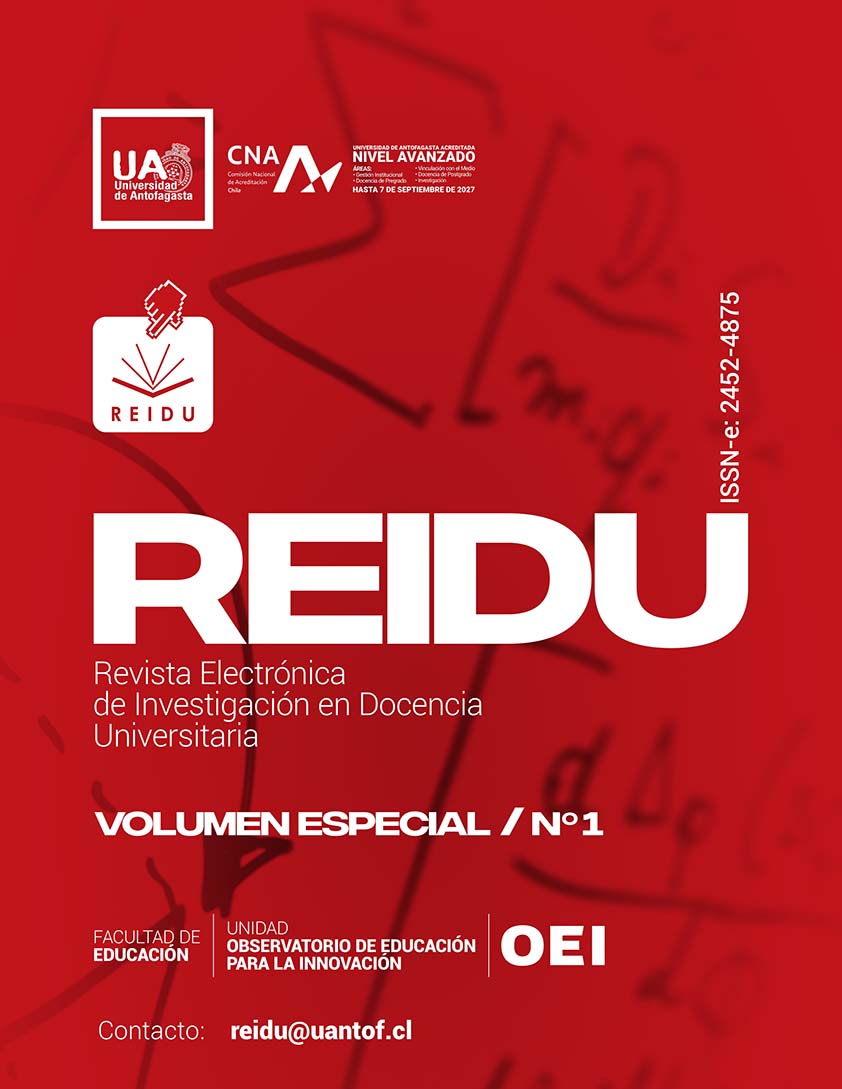Enfoques investigativos de la competencia comunicativa oral: tensiones y desafíos educativos en primera infancia
DOI:
https://doi.org/10.54802/r.esp.n1.2025.162Palabras clave:
competencia comunicativa oral, educador de párvulos, primera infanciaResumen
Este artículo aborda las competencias comunicativas orales en la primera infancia como fenómeno de la realidad escolar, su objetivo es exponer sus visiones y aportes para el desarrollo de las infancias. A partir de una revisión bibliográfica exhaustiva, acotada a investigaciones especializadas en la materia y referentes válidos en el ámbito educativo, el artículo analiza el valor de la competencia comunicativa, sus contribuciones para el desarrollo integral de las infancias. Asimismo, se releva el rol de la formación y particularmente de la innovación docente vinculada a la competencia comunicativa oral, como medida para el aseguramiento de la calidad y la sostenibilidad de las instituciones educativas. Se concluye que la competencia comunicativa oral favorece dimensiones diversas del desarrollo, contribuyendo al aprendizaje permanente a lo largo de la vida, así como al establecimiento de relaciones saludables que favorecen la integralidad en la vida adulta. La relación entre desarrollo infantil y competencia comunicativa es insoluble, brinda y da significado a la enseñanza porque abre espacios para organizar pedagógicamente las conversaciones dialógicas entre educador-niño o niña y entre las propias infancias. Una pedagogía que busca y explora estrategias educativas diversas y concretas para favorecer las habilidades de comunicación oral en estudiantes de educación inicial.
Descargas
Descargas
Publicado
Número
Sección
Licencia

Esta obra está bajo una licencia internacional Creative Commons Atribución-NoComercial-CompartirIgual 4.0.


